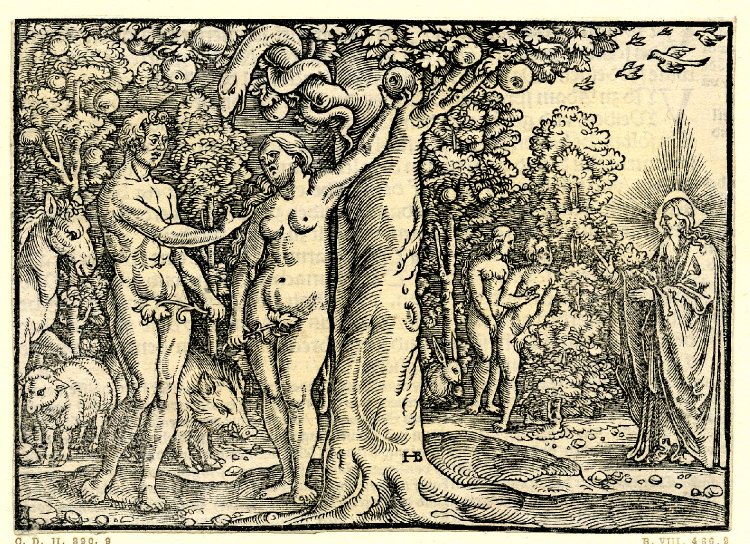
In Clive Hamilton’s Earthmasters, the author seeks to provide a critique of the recent enthusiasms for geoengineering. Hamilton claims that there is a moral hazard involved in supporting geoengineering projects and research. For one, it distracts attention away from the more effective strategy of reducing emissions and gives politicians an easy way of pretending to solve the problem without doing anything too disruptive. Another concern is that by supporting geoengineering efforts, we are letting the people most responsible for the climate crisis off the hook. Hamilton concludes by suggesting that there are “God’s domains”, which include nature, that humans morally ought not interfere with. Doing so could be dangerous, or if not, at least hubristic and disrespectful to the will of nature. However, nature has no will. Nature itself is a social concept. It is us who have reflected upon the world around us and discovered its motions and properties. As such, nature doesn’t so much have a will as it was given one by us. To suggest that there are “God’s domains” that we should steer clear is to avoid our responsibility for shaping the world around us. This was the same justification that feudalism was built upon. It is God who made the world and our job is merely to obey his will. In other words, human freedom implies a reshaping of nature. In his obsession with morality, Hamilton forgets that the main problem with geoengineering is that it is nonsensical and absurd. It is no more realistic than Elon Musk’s plan to construct a Martian colony. Finally, Hamilton’s desire to hold oil executives to account is also problematic. The ecological crisis was caused not by oil executives, but the march of capital. It was the invisible hand of the market which has caused so much destruction, not the faults of isolated individuals. If oil executives have the power to destroy the world, it is because we have given it to them. What is needed is not moral project but a political one. One that can wrest control of society from capital and back to its rightful stewards: humankind.



